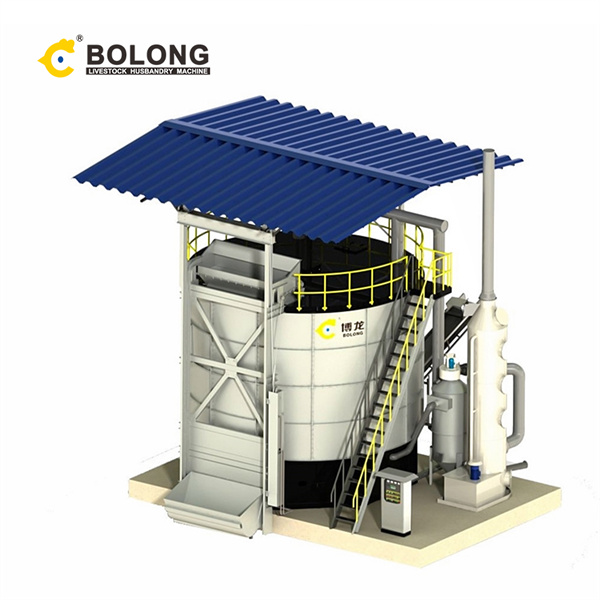Introduction: Soil erosion is a significant challenge in agriculture, leading to loss of soil fertility and productivity. Livestock fermentation tanks contribute to soil erosion control by improving soil structure and stability. This article explores their role in preventing soil erosion.

Soil Structure Improvement: The compost produced by fermentation tanks enhances soil structure by increasing organic matter content. This improves soil aggregation and stability, reducing the risk of erosion.
Water Infiltration: Improved soil structure from compost enhances water infiltration and retention, reducing surface runoff. This minimizes soil erosion and supports healthy plant growth.
Vegetative Cover: The nutrients provided by compost promote the growth of cover crops and vegetation, which protect soil from erosion. Healthy vegetative cover stabilizes soil and reduces erosion risk.
Case Study: A hillside farm applied compost from fermentation tanks to its fields. The farm observed improved soil structure, better water infiltration, and reduced soil erosion, enhancing soil health and productivity.

Conclusion: Livestock fermentation tanks contribute to soil erosion control by improving soil structure, enhancing water infiltration, and promoting vegetative cover. These benefits support sustainable soil management and agricultural productivity.